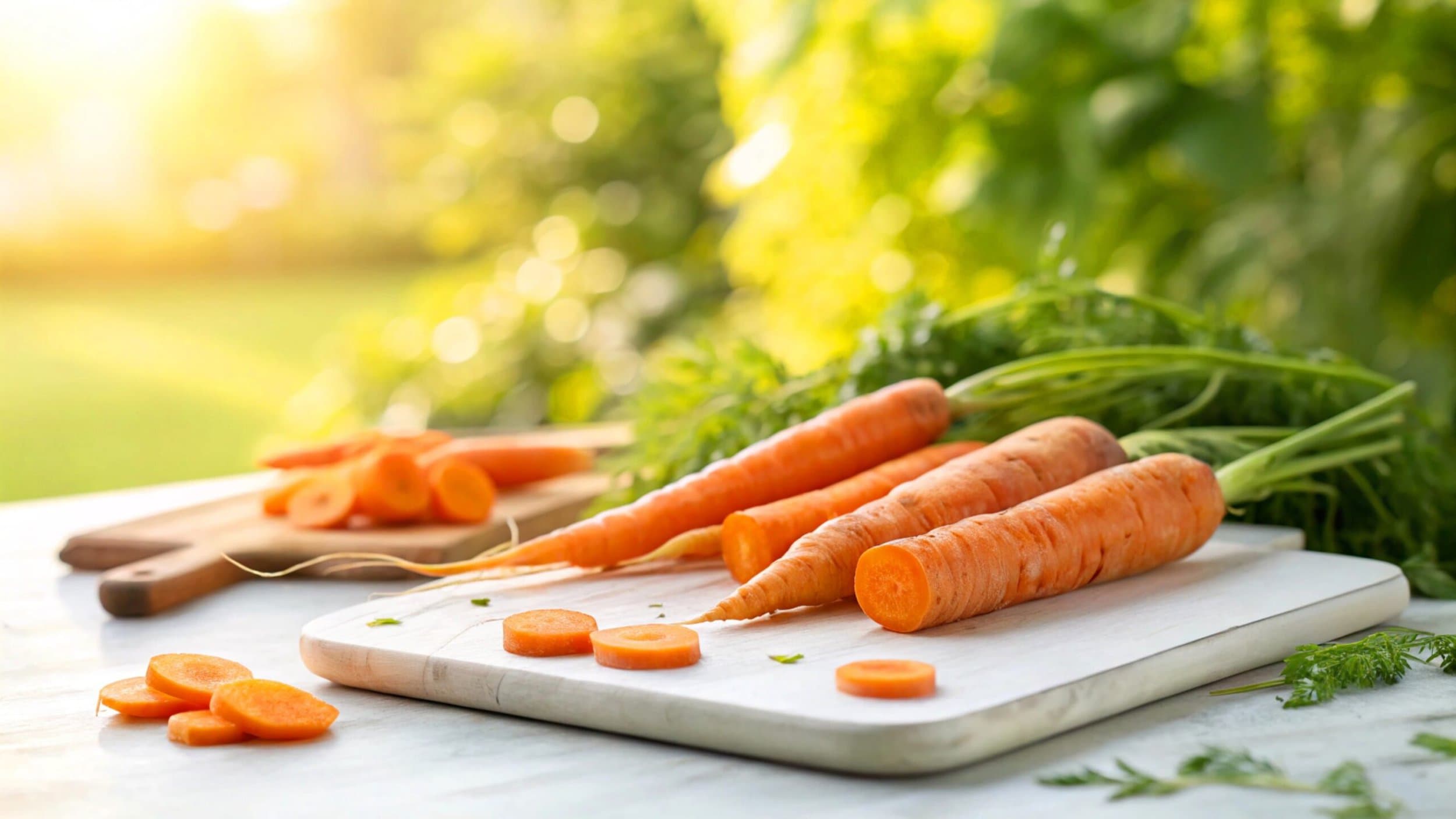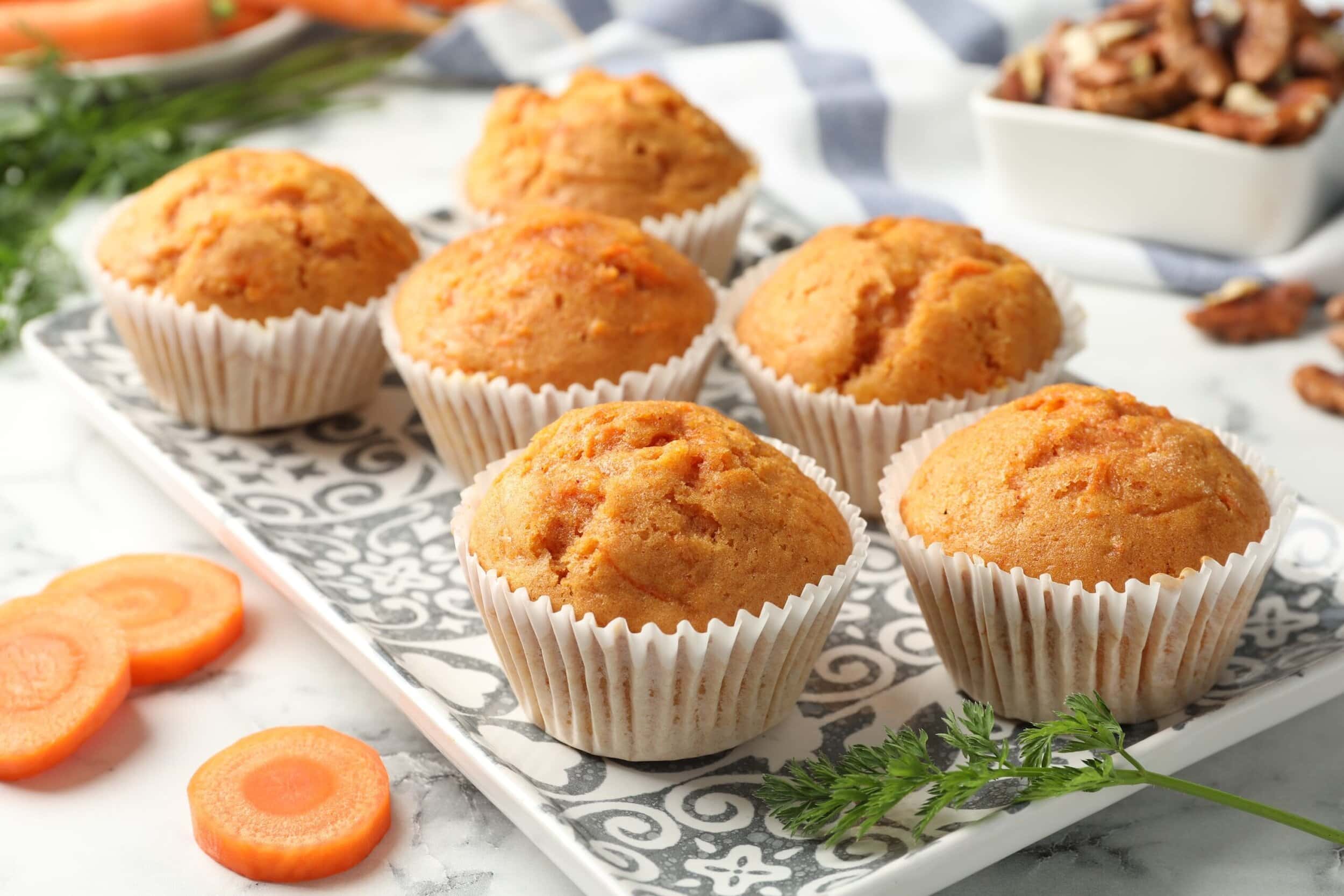Shrimp is one of the most popular seafood choices in America, and for good reason. These crustaceans are incredibly versatile—whether grilled on skewers, tossed into a stir-fry, or added to a salad. But if you’re watching what you eat, you might be wondering: Can shrimp actually help me lose weight?
The short answer is yes—when prepared the right way. Shrimp pack an impressive amount of lean protein into a surprisingly low-calorie package. They can help you feel full and satisfied while staying within your calorie budget. Shrimp are also loaded with metabolism-supporting nutrients like iodine and selenium, plus a unique antioxidant (that’s what gives them their signature pink color!)
Of course, not all shrimp dishes are created equal. The difference between grilled shrimp versus deep-fried popcorn shrimp is huge when it comes the calories. Let’s dive into everything you need to know about choosing shrimp for health and weight less.
✅ Quick answer
Yes, shrimp can be an excellent food for weight loss due to their low-calorie and high-protein profile.
✅ Why shrimp can support your goals
- They’re high in protein, low in calories – A 3.5-ounce (100-gram) serving of shrimp provides nearly half of your daily protein needs for under 100 calories.
- They’re rich in key nutrients – Beyond protein, shrimp are loaded with essential vitamins and minerals that support overall health and energy levels during weight loss. They’re an excellent source of selenium and vitamin B12. They also provide important nutrients like iodine, phosphorus, and choline.
- Shrimp contains a powerful antioxidant – Astaxanthin is responsible for the pinkish-red color of shrimp when cooked. This compound helps combat oxidative stress and inflammation, which are often linked to weight gain and metabolic issues.
⚠️ Things to be mindful of
- They’re high in dietary cholesterol – Shrimp are known for being high in cholesterol content, which has worried some people in the past. But numerous studies have shown that for most people, dietary cholesterol has a minimal impact on blood cholesterol levels. It’s now thought that saturated fat is more linked to harmful LDL cholesterol levels, which shrimp contain very little of.
- They can be high in sodium – The way shrimp are processed and prepared can dramatically increase their sodium content. Frozen and pre-cooked shrimp are often treated with sodium-rich solutions to preserve moisture. High sodium intake can lead to water retention and bloating, temporarily masking weight loss progress, and may increase blood pressure in some people.
- Preparation method matters for overall calorie count – Grilling, steaming, or baking are low-fat methods that preserve their low-calorie nature. Deep-frying, battering, or dousing them in buttery or creamy sauces adds hundreds of calories and potentially unhealthy fats.
- Shellfish allergy concerns – Shrimp are one of the most common food allergens, and reactions can range from mild to severe. If you’ve never eaten shrimp before or have any history of food allergies, it’s important to start with a small amount and monitor for any adverse reactions. Those with confirmed shellfish allergies should avoid shrimp entirely.
Rx weight loss, the right way, with Noom
Get access to prescription weight loss medication with Noom.🥗 Nutrients in shrimp (per 3.5 oz / 100 g)
| Nutrient | Amount | % RDA* |
|---|---|---|
| Calories | 99 calories | 5% |
| Protein | 24 g | 48% |
| Total carbs | 0 g | 0% |
| Fiber | 0 g | 0% |
| Sugars | 0 g | — |
| Total fat | 0.3 g | <1% |
| – Saturated fat | 0.1 g | <1% |
| – Monounsaturated fat | 0.1 g | — |
| – Polyunsaturated fat | 0.1 g | — |
| Omega-3 | 540 mg | — |
| Omega-6 | 20 mg | — |
With just 99 calories per 3.5-ounce serving, shrimp is remarkably low in calories for the amount of protein it provides. This makes shrimp an ideal choice for creating a calorie deficit, the fundamental requirement for weight loss.
The most impressive feature is the protein content. 3 ounces provides a massive 24 grams of protein,nearly half of the RDA. This high-quality protein is essential for muscle repair, metabolic function, and, most importantly, for weight management and satiety. Shrimp are also virtually free of carbohydrates and contain negligible amounts of fat. The minimal fat they do have is primarily heart-healthy polyunsaturated fat, including beneficial omega-3 fatty acids.
*Recommended dietary allowance (RDA) is defined as the average daily amount of nutrients needed to meet the requirements of nearly all healthy people in a specific group.
💊 Vitamins & minerals in shrimp (per 3.5 oz / 100 g)
| Vitamin/Mineral | Amount | % RDA* |
|---|---|---|
| Selenium | 39.7 μg | 72% |
| Vitamin B12 | 1.66 μg | 69% |
| Copper | 0.303 mg | 34% |
| Iodine | 41 μg | 27% |
| Phosphorus | 237 mg | 19% |
| Choline | 83.5 mg | 15% |
| Zinc | 1.64 mg | 15% |
| Magnesium | 39 mg | 9% |
| Potassium | 259 mg | 6% |
| Vitamin B6 | 0.106 mg | 6% |
| Iron | 0.51 mg | 3% |
| Vitamin A | 9 μg | 1% |
Shrimp aren’t just a protein powerhouse—they’re also packed with an impressive array of essential vitamins and minerals. One of the most significant is selenium, with a single 3.5-ounce serving providing a remarkable 72% of your daily needs. Selenium is a powerful antioxidant that protects cells from damage and plays a critical role in thyroid health and immune function.
Another major contributor is vitamin B12, delivering 69% of the daily recommendation. This vitamin is vital for nerve function and the formation of DNA and red blood cells, helping to prevent the kind of fatigue that can derail a weight loss journey. Additionally, shrimp offer a substantial amount of copper, crucial for forming red blood cells and maintaining nerve cells, and iodine, which is essential for proper thyroid hormone production and metabolic regulation. This dense micronutrient profile ensures that while you’re cutting calories, you’re not cutting out the essential compounds your body needs to function optimally.
🔍 Nutrient breakdown
Glycemic index (GI) of shrimp
Glycemic index: 0 (Low)
💡 Tip: Foods with a GI of zero, like shrimp, don’t raise blood sugar levels, making them excellent for energy stability and appetite control.
Is shrimp high in protein?
✔️ Yes – Shrimp contain 24 g of protein per 3.5-ounce serving. This makes it one of the leanest and most protein-dense foods available. This high-quality protein contains all the essential amino acids your body needs for muscle synthesis and metabolic health. Its satiating effect is a major asset for weight management, helping to reduce overall calorie intake.
Other protein alternatives: Chicken breast | cod | turkey breast
Is shrimp high in fiber?
❌ No – Shrimp provide 0 g of fiber per serving. Shrimp, like all animal products, don’t contain any dietary fiber. Fiber is essential for digestive health and adds bulk to meals, which contributes to fullness. To create a balanced, fiber-rich meal, it’s important to pair shrimp with vegetables, whole grains, or legumes.
💡 Tip: Pair shrimp with a large serving of steamed broccoli, whole grains, or a mixed green salad to significantly boost your meal’s fiber content.
Is shrimp low in carbs?
✔️ Yes – Shrimp have 0 g of carbs per serving. Shrimp are completely free of carbohydrates, making them an ideal food for low-carb and ketogenic diets. This means they won’t cause spikes in blood sugar or insulin levels. This metabolic stability is beneficial for controlling hunger and reducing fat storage.
💡 Tip: Because they’re carb-free, shrimp can be enjoyed freely on even the strictest low-carb eating plans like keto.
Is shrimp gluten-free?
✔️ Yes – Shrimp are naturally gluten-free in their pure form. They’re crustaceans and don’t contain wheat, barley, rye, or any gluten proteins. However, cross-contamination can occur in processing facilities, and many preparations, such as breaded or battered shrimp, will contain gluten.
Is shrimp good for fat loss?
✔️ Yes – Due to its low-calorie, high-protein profile, shrimp are helpful for fat loss. The combination of high protein and low calories helps create a feeling of fullness, which can lead to a natural reduction in overall calorie consumption. This helps you maintain a calorie deficit while preserving lean muscle mass, which is crucial for a healthy metabolism.
🍽️ Diet compatibility: Which diets include shrimp?
| Diet | ✅ Yes / ❌ No | Why |
|---|---|---|
| Keto | ✅ | With zero carbohydrates and high protein, shrimp fit perfectly into the ketogenic diet’s macronutrient requirements. They provide essential nutrients without adding any carbs that could disrupt ketosis. They’re a staple for adding variety and lean protein to keto meal plans. |
| Paleo | ✅ | As a natural, unprocessed food sourced from the ocean, shrimp are fully compliant with the Paleo diet. This diet emphasizes whole foods that our ancestors would have eaten. Shrimp provide high-quality protein and nutrients without any grains, dairy, or processed additives. |
| Mediterranean | ✅ | Seafood is a cornerstone of the heart-healthy Mediterranean diet, and shrimp are an excellent choice. They align with the diet’s focus on lean proteins and healthy fats, especially when grilled or baked with olive oil and herbs. They’re frequently featured in traditional Mediterranean dishes. |
| Vegan | ❌ | The vegan diet excludes all animal products, including meat, poultry, fish, and seafood. Since shrimp are animals (crustaceans), they’re not permitted on a vegan diet. Plant-based alternatives would need to be sourced for protein. |
| Gluten-free | ✅ | Shrimp are naturally 100% gluten-free, making them a safe and healthy protein source for individuals with celiac disease or gluten sensitivity. Care must be taken with marinades and breaded preparations, which often contain hidden gluten. Always choose plain, unbreaded shrimp. |
Shrimp’s impressive nutritional profile makes it a welcome addition to many of the most popular and effective eating patterns. Its complete lack of carbohydrates and high protein content make it a superstar for low-carb diets like keto. You can enjoy a generous portion of shrimp without worrying about your carb count, helping you stay in a state of ketosis while getting vital nutrients.
For those following ancestral or whole-foods-based diets like Paleo and the Mediterranean diet, shrimp fit in seamlessly. As a natural food from the sea, it aligns perfectly with Paleo principles. Similarly, its role as a lean protein makes it a staple in the Mediterranean diet, which champions seafood as a key component for heart health and overall longevity. The main exceptions are plant-based diets—as an animal product, shrimp aren’t suitable for vegans or vegetarians.
🌟 Is shrimp healthy? What are the health benefits
Metabolic health: Is shrimp good for your metabolism?
- Boosts metabolism? ✔️ Yes – Shrimp’s high protein content has a higher thermic effect of food (TEF), meaning your body uses more energy to digest it. Additionally, it’s a great source of iodine, a mineral essential for the production of thyroid hormones. These hormones are the primary regulators of your body’s metabolic rate.
- Improves insulin sensitivity? Neutral – While shrimp don’t contain carbohydrates and therefore don’t spike insulin, their direct impact on improving insulin sensitivity isn’t well-established. However, by supporting weight loss through high protein and low calories, shrimp can indirectly contribute to better insulin sensitivity. A healthy weight is one of the biggest factors in managing insulin response.
- Effect on fat storage? Helps prevent – Foods high in protein, like shrimp, are known to increase satiety and reduce overall calorie intake, which helps prevent fat storage. By keeping you full and satisfied, shrimp make it easier to maintain a calorie deficit. There’s no component in shrimp that promotes fat storage when eaten as part of a balanced diet.
Cholesterol impact: Does shrimp affect cholesterol levels?
- Does it lower LDL (bad) cholesterol? Neutral – Shrimp contain dietary cholesterol but are very low in saturated fat, the main dietary driver of high LDL (“bad”) cholesterol. For most people, the cholesterol in food has a negligible effect on blood cholesterol levels. Therefore, eating shrimp isn’t expected to raise harmful LDL cholesterol.
- Does it raise HDL (good) cholesterol? Possibly – Some research suggests that shrimp consumption may lead to a slight increase in HDL (“good”) cholesterol. This, combined with the neutral effect on LDL, can lead to an improved total-to-HDL cholesterol ratio. This is considered a positive outcome for cardiovascular health.
- Overall impact on heart health: Due to being very low in saturated fat and a good source of heart-healthy omega-3 fatty acids and astaxanthin, the overall impact of shrimp on heart health is considered favorable. These nutrients help reduce inflammation and oxidative stress. As long as they’re not fried, shrimp are a heart-healthy protein choice.
💡 Tip: Prepare shrimp by grilling or steaming and serve with garlic and olive oil to maximize heart-health benefits.
Can I eat shrimp for a calorie deficit?
✔️ Yes, with confidence – Shrimp are an ideal food for a calorie deficit. With only 99 calories per 3.5-ounce serving, they allow you to eat a satisfying volume of food for a very low caloric cost. Their high protein content also ensures you stay full, making it easier to stick to your daily calorie target without feeling hungry.
💡 Tip: Bulk up shrimp-based meals with low-calorie vegetables like zucchini, bell peppers, or spinach to add volume and nutrients for minimal calories.
Is shrimp rich in antioxidants?
✔️ Yes – Shrimp are a unique source of a powerful antioxidant called astaxanthin. This carotenoid, which gives shrimp their pink hue, is highly effective at neutralizing free radicals and reducing oxidative stress throughout the body. Astaxanthin has been linked to reduced inflammation and protection against cellular damage.
Does shrimp support gut health?
Neutral – Shrimp itself doesn’t contain fiber or prebiotics to actively feed beneficial gut bacteria. However, its anti-inflammatory properties from astaxanthin and omega-3s can contribute to a healthier internal environment. A non-inflamed state is generally supportive of a healthy gut microbiome.
Does shrimp support digestion?
✔️ Yes – Being low in fat and free of fiber, shrimp are generally very easy to digest for most people. The protein is readily broken down and absorbed by the body. This makes it a good option when you want a light yet satisfying meal that won’t weigh you down. However, shrimp are one of the top eight food allergens, so individuals with a shellfish allergy should avoid them entirely.
Does shrimp help you feel satiated and less hungry?
High – The 24 grams of high-quality protein in a 3.5-ounce serving of shrimp significantly increase feelings of fullness. Protein is the most satiating macronutrient, helping to regulate appetite hormones and delay the return of hunger. This makes shrimp excellent for appetite control.
Satiety Level: High
💡 Tip: For maximum satiety, eat shrimp as part of a balanced meal with a source of fiber, like a quinoa salad or roasted vegetables.
Does shrimp help with nighttime cravings?
✔️ Yes – A protein-rich dinner containing shrimp can help stabilize blood sugar levels overnight, preventing the dips that can trigger late-night cravings for sugary or high-carb snacks. The sustained feeling of fullness can help you feel satisfied until morning.
💡 Tip: Pair shrimp with ginger, a natural digestive aid, in a stir-fry to further support easy digestion and satisfaction.
Does shrimp help reduce inflammation?
✔️ Yes – Shrimp contain two key anti-inflammatory compounds: omega-3 fatty acids and astaxanthin. Both have been shown in studies to help reduce systemic inflammation. Chronic inflammation is linked to a host of diseases, so including shrimp can be beneficial for long-term health.
Is shrimp beneficial for brain health?
✔️ Yes – Shrimp are a good source of choline and vitamin B12, both of which are critical for brain function, memory, and mood regulation. The omega-3 fatty acids (specifically DHA) also play an essential role in maintaining the structure and function of brain cells.
Can shrimp improve skin and hair health?
✔️ Yes – The antioxidant astaxanthin helps protect the skin from UV-induced damage and signs of aging. Additionally, the high-quality protein provides the building blocks for collagen and keratin, while zinc is essential for skin repair and hair growth.
Can shrimp help balance hormones?
✔️ Yes – Shrimp provide a significant amount of iodine and selenium. Both of these minerals are crucial for the synthesis and function of thyroid hormones, which regulate metabolism, energy, and overall hormonal balance.
💡 Tip: Pair shrimp with green tea, which contains catechins that can further support metabolic function.
🍽️ Best ways to eat shrimp for weight loss
- Steamed or boiled – This is one of the leanest ways to prepare shrimp, as it requires no added oil or fat. Steaming or boiling cooks the shrimp quickly, preserving their tender texture and mild flavor. Simply toss the cooked shrimp with fresh herbs, lemon juice, and spices for a delicious, low-calorie meal component.
- Grilled or sautéed – Grilling shrimp on skewers or sautéing them in a non-stick pan with a minimal amount of olive oil or cooking spray is another excellent choice. This method adds a smoky flavor and a pleasant texture without adding significant calories. Use marinades based on citrus, garlic, and herbs instead of sugary sauces.
- Avoid fried or creamy sauces – Deep-frying or coating shrimp in a thick batter (like in shrimp tempura or popcorn shrimp) adds a huge amount of unhealthy fat and refined carbohydrates. Similarly, serving shrimp in heavy, cream- or butter-based sauces turns this lean protein into a high-calorie, high-fat dish that will sabotage weight loss efforts.
🍏 Best alternatives & comparisons (per 3.5 oz / 100 g)
| Food | Calories | Carbs | Fiber | Protein | Fat |
|---|---|---|---|---|---|
| Shrimp (cooked) | 99 | 0 g | 0 g | 24 g | 0.3 g |
| Chicken breast (skinless) | 165 | 0 g | 0 g | 31 g | 3.6 g |
| Cod (cooked) | 105 | 0 g | 0 g | 23 g | 0.9 g |
| Scallops (steamed) | 112 | 5.4 g | 0 g | 20.5 g | 0.8 g |
| Tofu (firm) | 76 | 1.9 g | 1.9 g | 8 g | 4.8 g |
| Lentils (cooked) | 116 | 20 g | 8 g | 9 g | 0.4 g |
This comparison shows why shrimp earn a top spot on a weight-loss-friendly menu. They’re one of the lowest-calorie animal proteins you can eat—second only to some types of white fish, like cod. While chicken breast packs a bit more protein, it also comes with more calories and fat.
When stacked up against other seafood, shrimp still shine. They’re lower in calories than scallops, have zero carbs, and deliver nearly the same protein as cod—all while being easy to find and cook.
Even next to plant-based proteins, shrimp hold their own. Foods like tofu and lentils are nutritious choices, but they contain less protein and more carbs and fat per serving. To match the 24 grams of protein in a standard shrimp serving, you’d need about 300 grams of tofu, which adds up to far more calories and fat.
Frequently asked questions about shrimp and weight loss
Can I eat shrimp every day for weight loss?
Yes, you can eat shrimp daily as part of a balanced diet, but variety is always beneficial. Shrimp are low in calories and high in protein, making them an excellent daily choice for weight loss. However, be mindful of sodium content in processed varieties, and ensure you’re getting a diverse range of nutrients from other protein sources and plenty of vegetables throughout the week.
How much shrimp should I eat for weight loss?
A typical serving size of 3 to 4 ounces (85-113 grams) of cooked shrimp is ideal for weight loss. This provides about 20 to 24 grams of protein for roughly 85 to 100 calories. You can adjust portion sizes based on your overall calorie needs and activity level, but this amount fits well into most calorie-controlled meal plans while keeping you satisfied.
Is shrimp better than chicken for weight loss?
Both shrimp and chicken are excellent for weight loss, but shrimp have a slight edge in terms of calorie density. Shrimp provide 24 grams of protein for just 99 calories per 3.5 ounces, while chicken breast provides 31 grams for 165 calories. Shrimp also offer more micronutrients like selenium and iodine. The best choice depends on your preferences, budget, and dietary variety.
Does shrimp cause weight gain?
No, shrimp don’t cause weight gain when prepared healthily and eaten in appropriate portions. In fact, their high protein and low-calorie content make them ideal for weight loss. Shrimp prepared with high-calorie cooking methods like deep-frying or served in creamy, buttery sauces can contribute to weight gain if eaten in excess.
Are frozen shrimp as good as fresh for weight loss?
Yes, frozen shrimp can be just as good as fresh for weight loss, and they’re often more convenient and affordable. The nutritional content is nearly identical. Check the labels, though, because some frozen shrimp are treated with sodium solutions for preservation, which can increase the sodium. Look for bags labeled “no salt added” or rinse frozen shrimp before cooking to reduce sodium.
Can I eat shrimp on a low-carb diet?
Absolutely! Shrimp are perfect for low-carb and ketogenic diets because they contain zero carbohydrates. They provide high-quality protein and essential nutrients without affecting your carb count or blood sugar levels. This makes them an ideal protein source for anyone following a low-carb eating plan.
Is the cholesterol in shrimp bad for me?
For most people, the cholesterol in shrimp isn’t a concern. While shrimp do contain dietary cholesterol, research shows that dietary cholesterol has minimal impact on blood cholesterol levels for the majority of individuals. Shrimp are very low in saturated fat, which is the main dietary factor that raises harmful LDL cholesterol. If you have specific cardiovascular concerns, consult your healthcare provider.
🧠 The bottom line: Shrimp is excellent for weight loss
Shrimp stand out as a true superstar in the world of weight-loss-friendly foods. They’re exceptionally high in protein, remarkably low in calories, and virtually free of carbohydrates and fats. This powerful combination promotes satiety, helps preserve lean muscle mass, and supports a healthy metabolism—all of which are fundamental pillars of a successful and sustainable fat loss journey.
Beyond the macronutrients, shrimp are packed with a wealth of essential vitamins and minerals, including metabolism-regulating iodine, immune-boosting selenium, and brain-healthy vitamin B12. They also contain the unique antioxidant astaxanthin, which offers anti-inflammatory benefits that support overall health. While the dietary cholesterol content has been a historical concern, modern science confirms that for most people, it has little to no negative impact on heart health, especially given shrimp’s negligible saturated fat content.
Ultimately, shrimp are a versatile, delicious, and highly effective tool to include in your nutritional arsenal. By choosing healthy preparation methods like grilling, steaming, or sautéing and pairing them with fiber-rich vegetables, you can easily incorporate this lean protein into your diet to help you reach your goals. Just watch out for high-sodium processed varieties and avoid heavy sauces or fried preparations. When it comes to sustainable weight loss, shrimp can be a powerful ally on your path to a healthier, leaner you.
📖 Scientific evidence
- Eating shrimp didn’t raise “bad” cholesterol (Proceedings of the Nutrition Society, 2010) – In this study, men who ate about 8 ounces of prawns daily for four weeks saw no meaningful changes in LDL (“bad”) or HDL (“good”) cholesterol levels—or any other blood fats—compared to those who ate white fish.
- A compound found in shrimp may support healthy metabolism (Molecules, 2022) – Astaxanthin, the natural pigment that gives shrimp and other seafood their pink color, may help the body use food more efficiently for energy by reducing inflammation and oxidative stress and improving how it handles blood sugar.
- Dietary cholesterol doesn’t directly raise cholesterol in most people (Circulation, 2020) – According to the American Heart Association, it’s saturated fat—not dietary cholesterol—that most strongly affects blood cholesterol levels, meaning nutrient-dense foods like shrimp can still fit into a heart-healthy eating pattern.
- Eating fish and shellfish could support cardiovascular health (Nutrition Research and Practice, 2015) – In a study, women who ate more fish and shellfish—including shrimp—had lower triglyceride levels and healthier blood vessels, suggesting that seafood can play a heart-protective role when included regularly in the diet.
Why you can trust us
At Noom, we’re committed to providing health information that’s grounded in reliable science and expert review. Our content is created with the support of qualified professionals and based on well-established research from trusted medical and scientific organizations. Learn more about the experts behind our content on our Health Expert Team page.

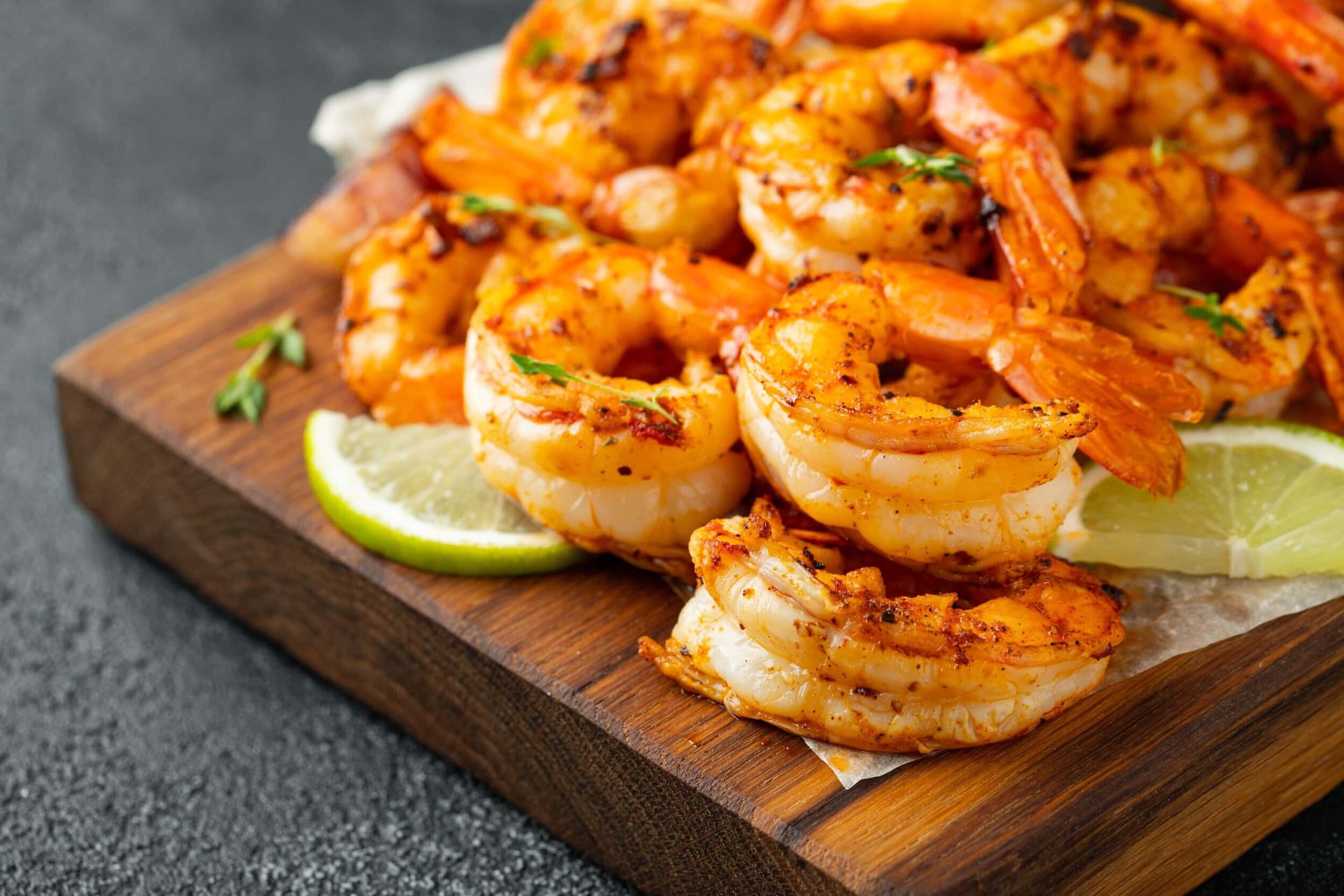



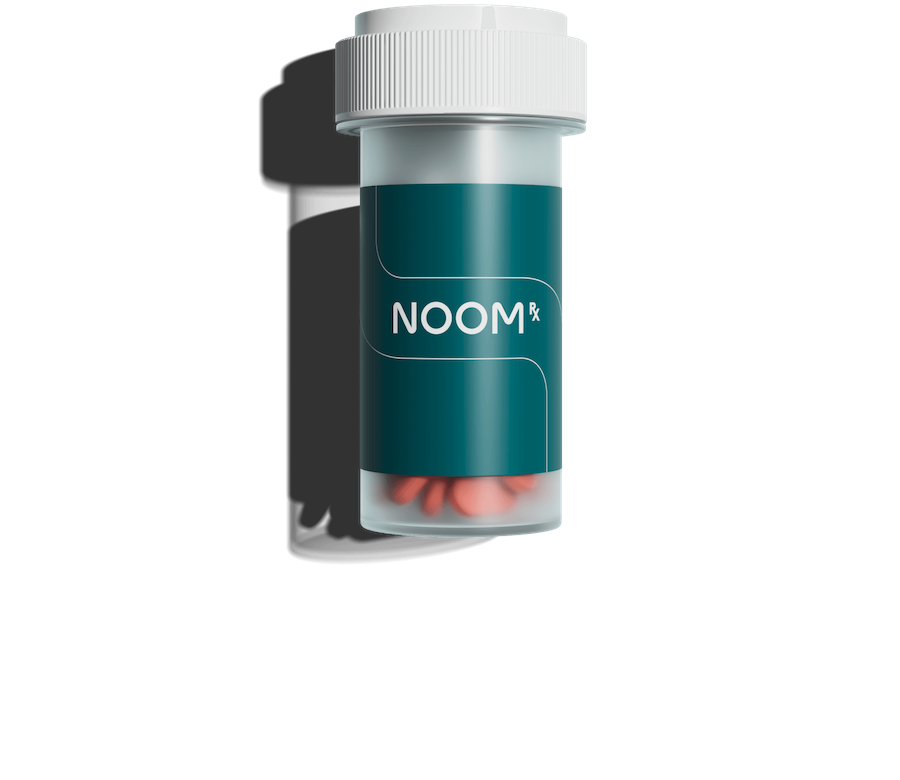



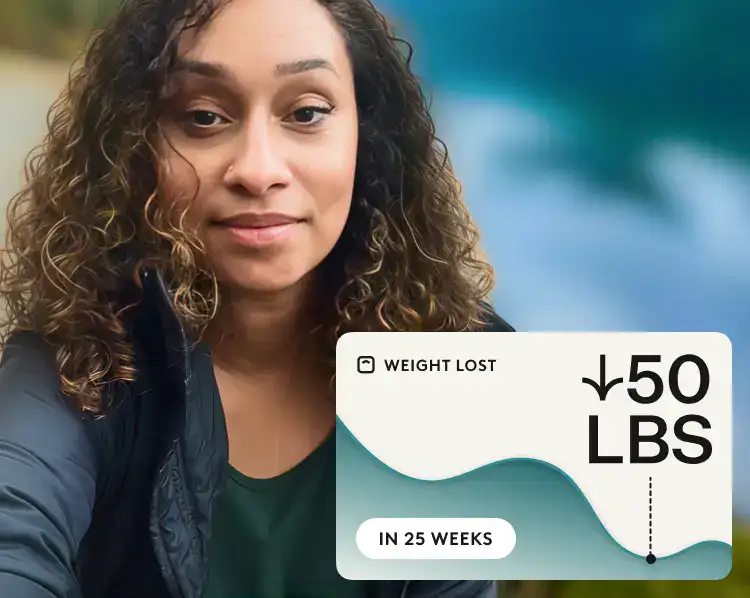
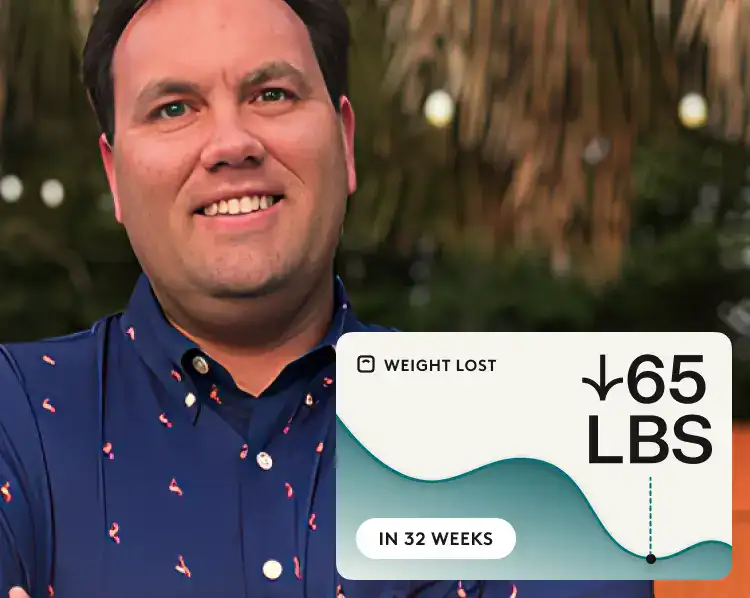
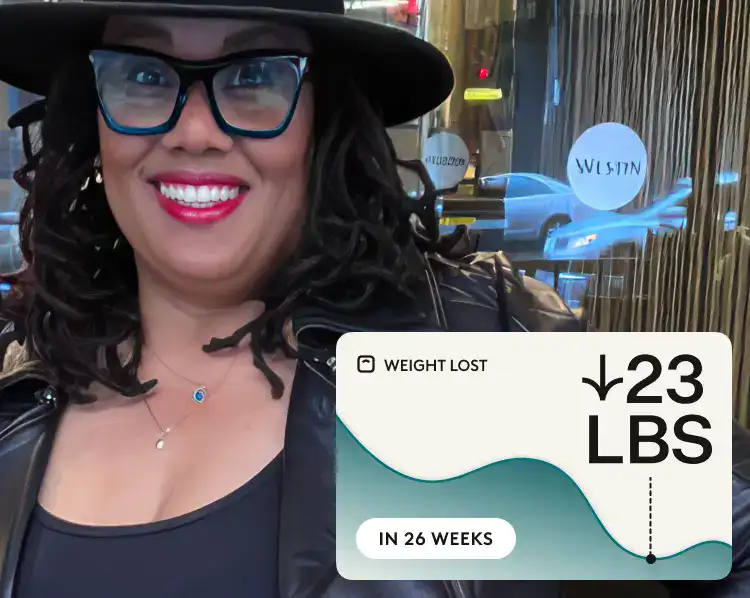
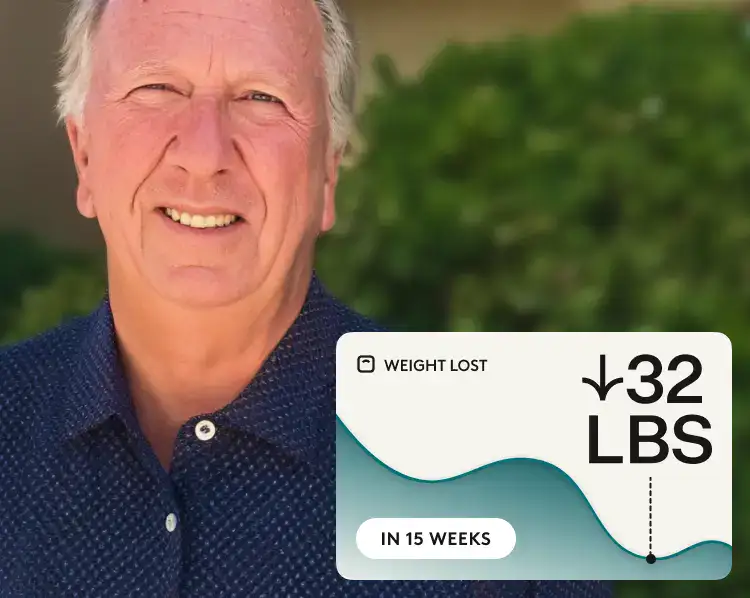
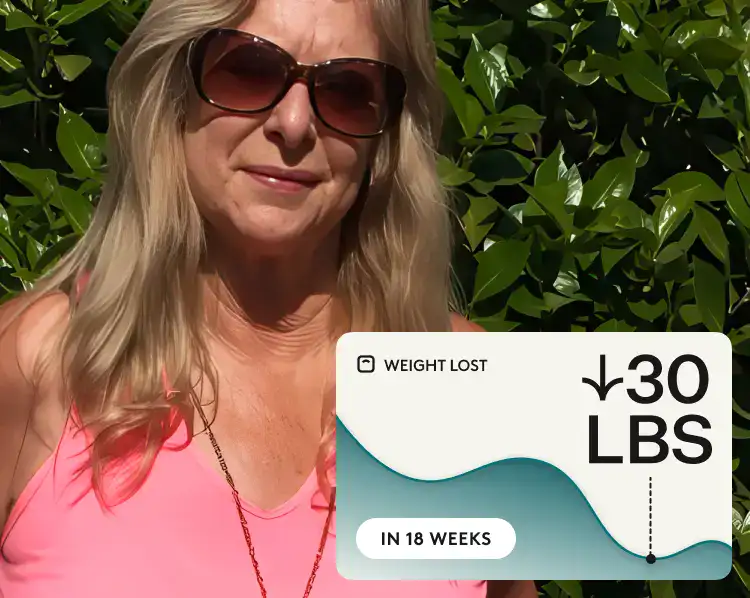
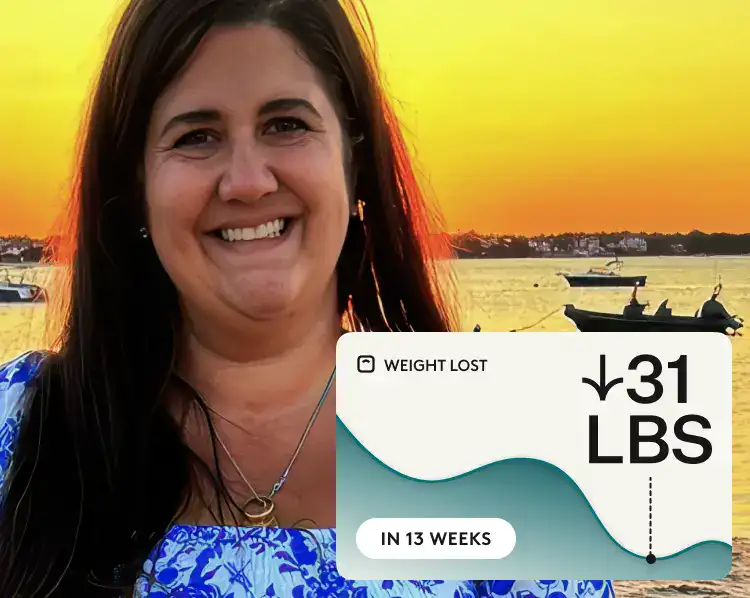

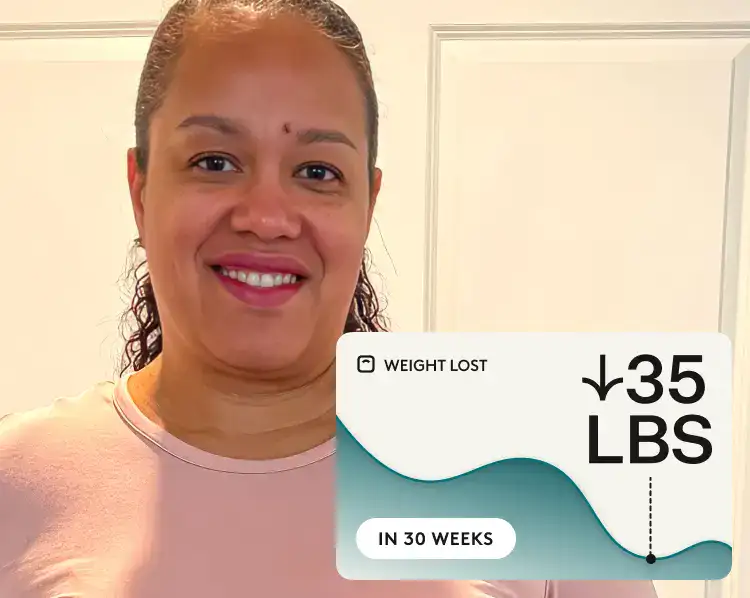
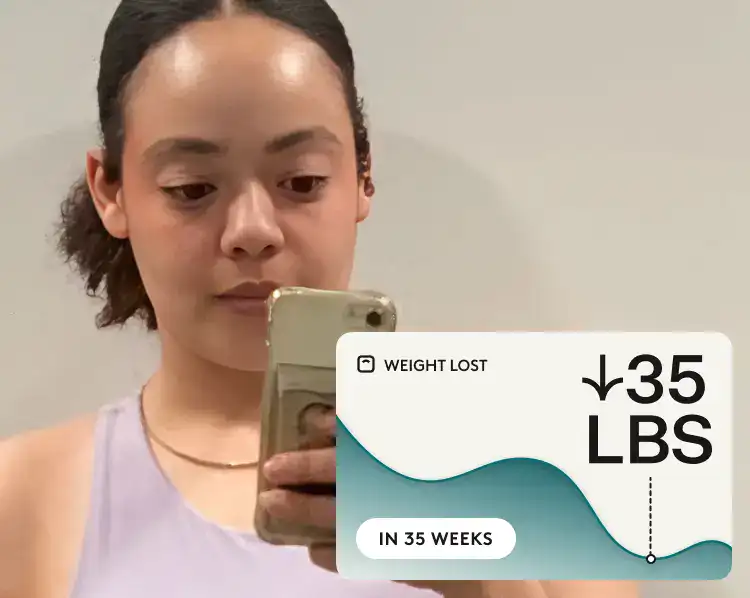

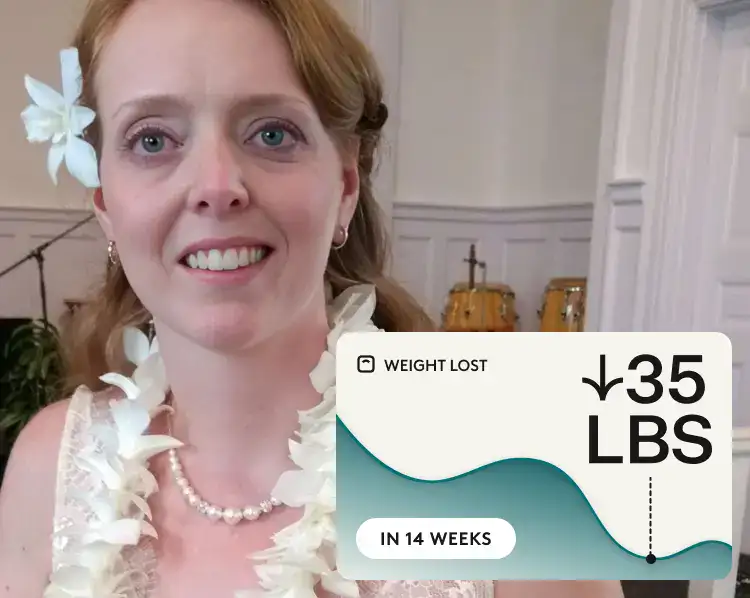
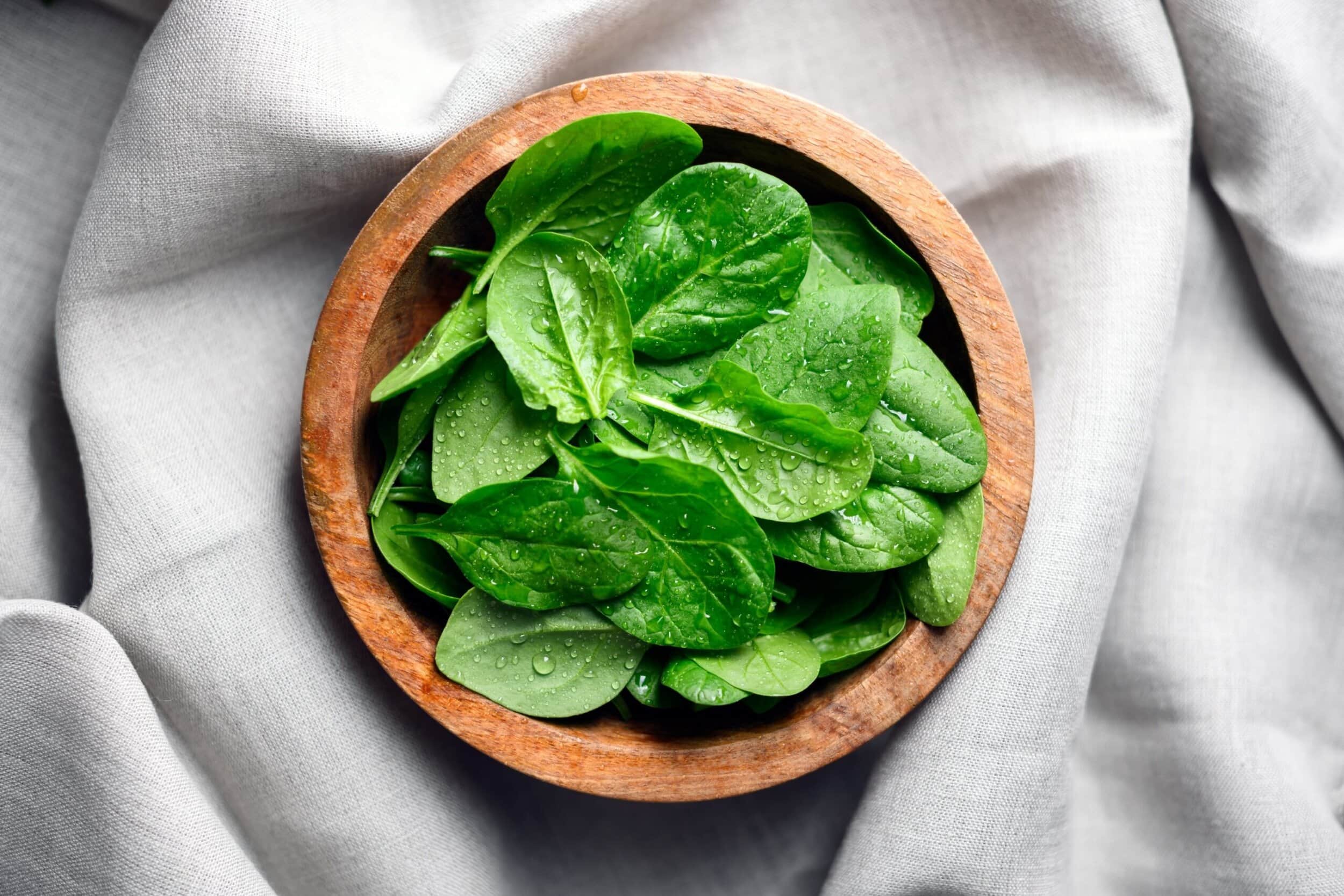
 Noom Team
Noom Team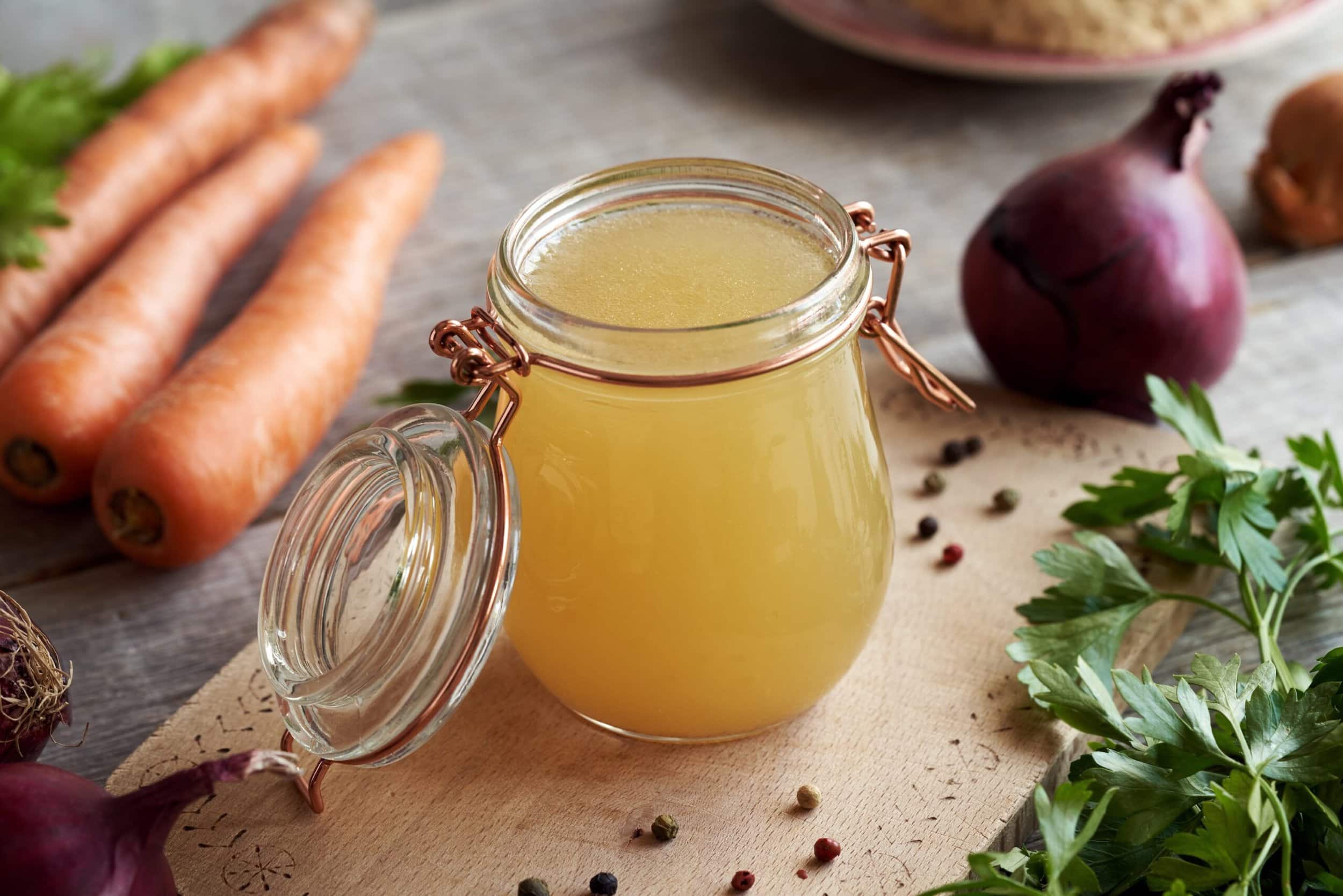
 Melissa Kay
Melissa Kay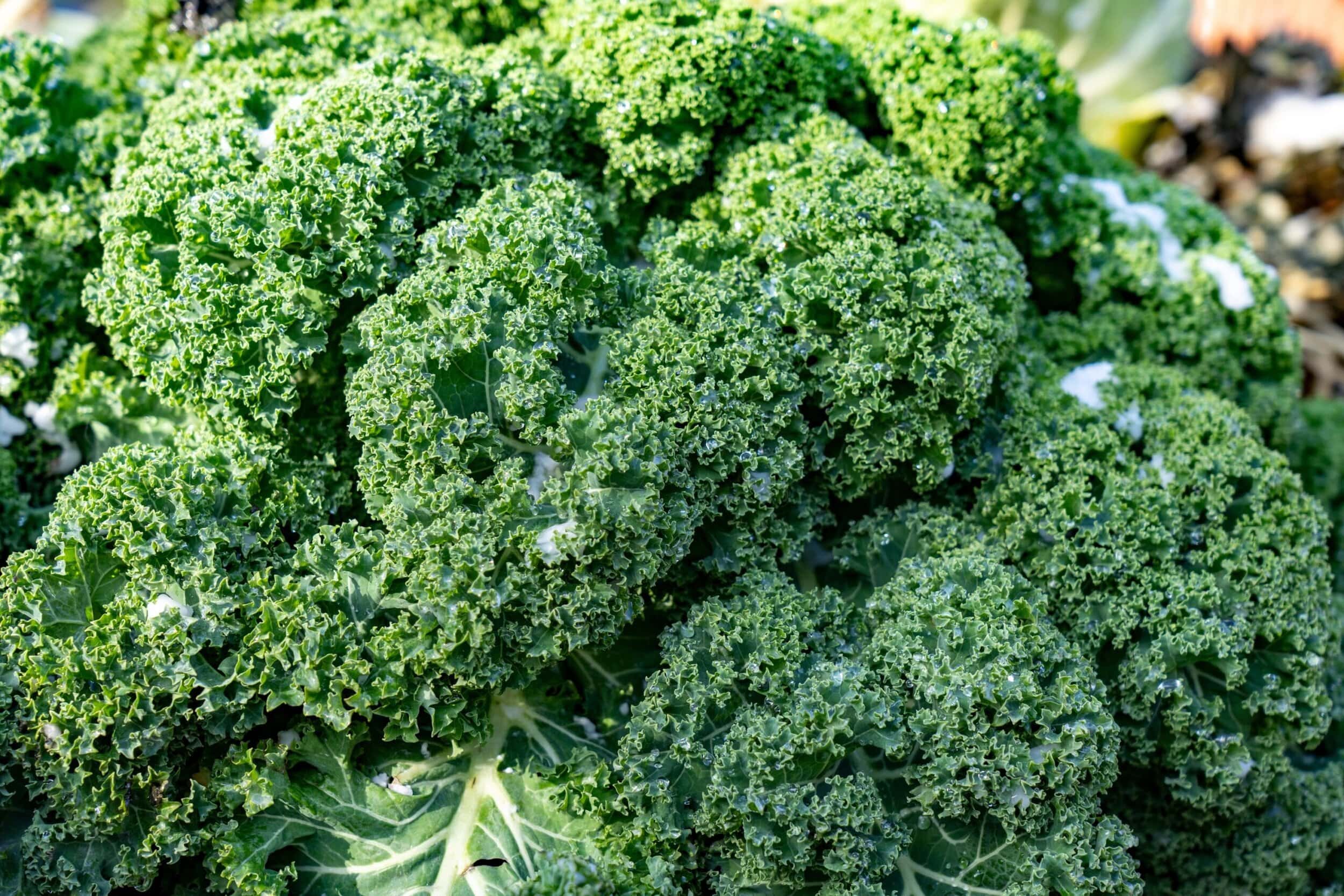
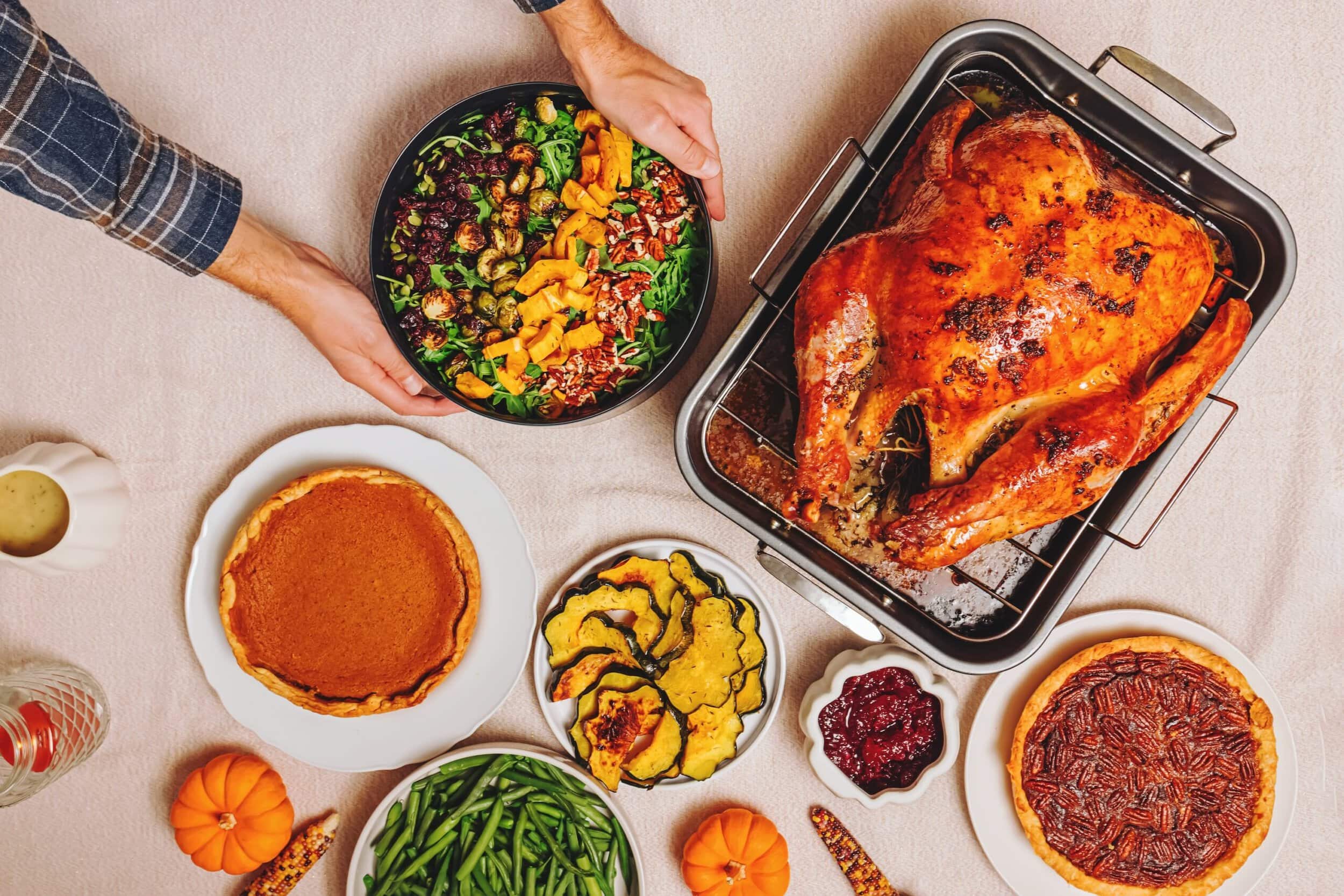
 Shoshana Fishbein
Shoshana Fishbein